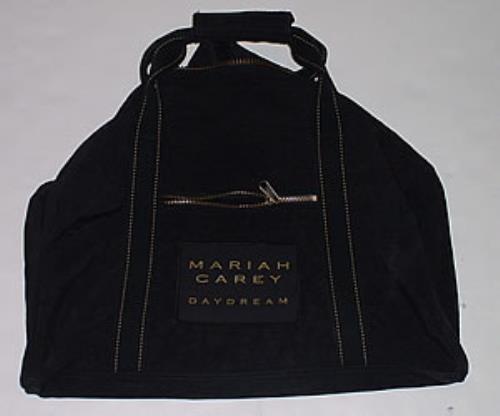

Soon, it was obvious that their marriage was in shambles as stated in a Vanity Fair article, "the couple began to argue at the drop of a hat." Carey was very involved in the project, more so than she had ever been on an album. Carey, in an interview with MTV, on her styling on Daydream Ĭarey confessed that she never tried to change the situation because " used to be insecure and cautious, and so would listen to what the people said." However, the control Mottola exerted over her career soon "spilled into her personal life" once they were married, increasing the amount of conflict between the two. What I tried to do is to put it, sort of, a texture on a lot of songs, like as a background part I did certain things, and you know I just meant to get a little more creative with it. Since the time of Carey's debut, Mottola had controlled nearly every aspect of her career, keeping her sound carefully regulated and insisting that she continue recording middle-of-the-road pop music, despite her interest in hip hop. Mottola had always been involved in Carey's career, because he was the head of Sony Music, the parent company of her label. While Carey's new musical direction caused tension between her and Columbia, it began to severely strain her relationship with her husband at the time, Tommy Mottola. It works to have me sing a ballad on stage in a long dress with my hair up." In an interview with Entertainment Weekly, Carey openly spoke of her issues with Columbia: "Everybody was like 'What, are you crazy?' They're nervous about breaking the formula. They feared the sudden change was completely left field for her music, and worried it would jeopardize the album's success. While Columbia allowed Carey more leniency with the music she recorded, they became hesitant when she featured Ol' Dirty Bastard in the remix for "Fantasy".

For the first time in her career, Carey was able to make music that she truly related to, R&B and hip hop. During the album's recording, Carey grew as an artist, as well as a writer. To promote the album, Carey embarked on the short but successful, Daydream World Tour, visiting Japan and Europe.Īside from being Carey's second best-selling record worldwide, Daydream served as her most personal and directly influenced album at the time. Jointly, the singles from Daydream spent a combined six months at the top of the Hot 100. The second single " One Sweet Day" topped the Billboard Hot 100 for sixteen weeks and became the longest-running number-one single in Billboard 's history, holding the record for 23 years. Its lead single " Fantasy" became the first single by a female artist to debut at number one on the US Billboard Hot 100 and went on to top the chart for eight weeks, and became the second best-selling single of 1995 in the country. Six singles were released from the album. With sales of over 20 million copies worldwide, Daydream is one of the best-selling albums of all time. It was Carey's second album to be certified Diamond by the RIAA. It became Carey's best reviewed album up to that point and garnered six nominations at the 38th Grammy Awards, including for Album of the Year.ĭaydream became a global success, topping the charts in nine countries, and reaching the top five in almost every major music market. With Afanasieff's assistance and the addition of a few contemporary producers, she was able to make a subtle transition into the R&B market.ĭaydream received critical acclaim, with reviewers praising the album's production, its sonic quality, and Carey's musical progression. On Daydream, Carey collaborated with Jermaine Dupri, Kenneth "Babyface" Edmonds, and R&B group Boyz II Men. During the album's production, Carey endured many creative differences with her label and then-husband Tommy Mottola. Carey considered the album to be the beginning of her musical and vocal transformation, a change that became more apparent in her sixth album Butterfly (1997). With Daydream, Carey took more control over the musical direction as well as the album's composition. Throughout the project, Carey collaborated with Walter Afanasieff, with whom she wrote and produced most of her previous albums. The follow-up to her internationally successful studio album Music Box (1993), and the holiday album Merry Christmas (1994), Daydream differed from her previous efforts by leaning increasingly towards hip hop and urban music. Daydream is the fifth studio album by American singer-songwriter and record producer Mariah Carey, released on October 3, 1995, by Columbia Records.


 0 kommentar(er)
0 kommentar(er)
